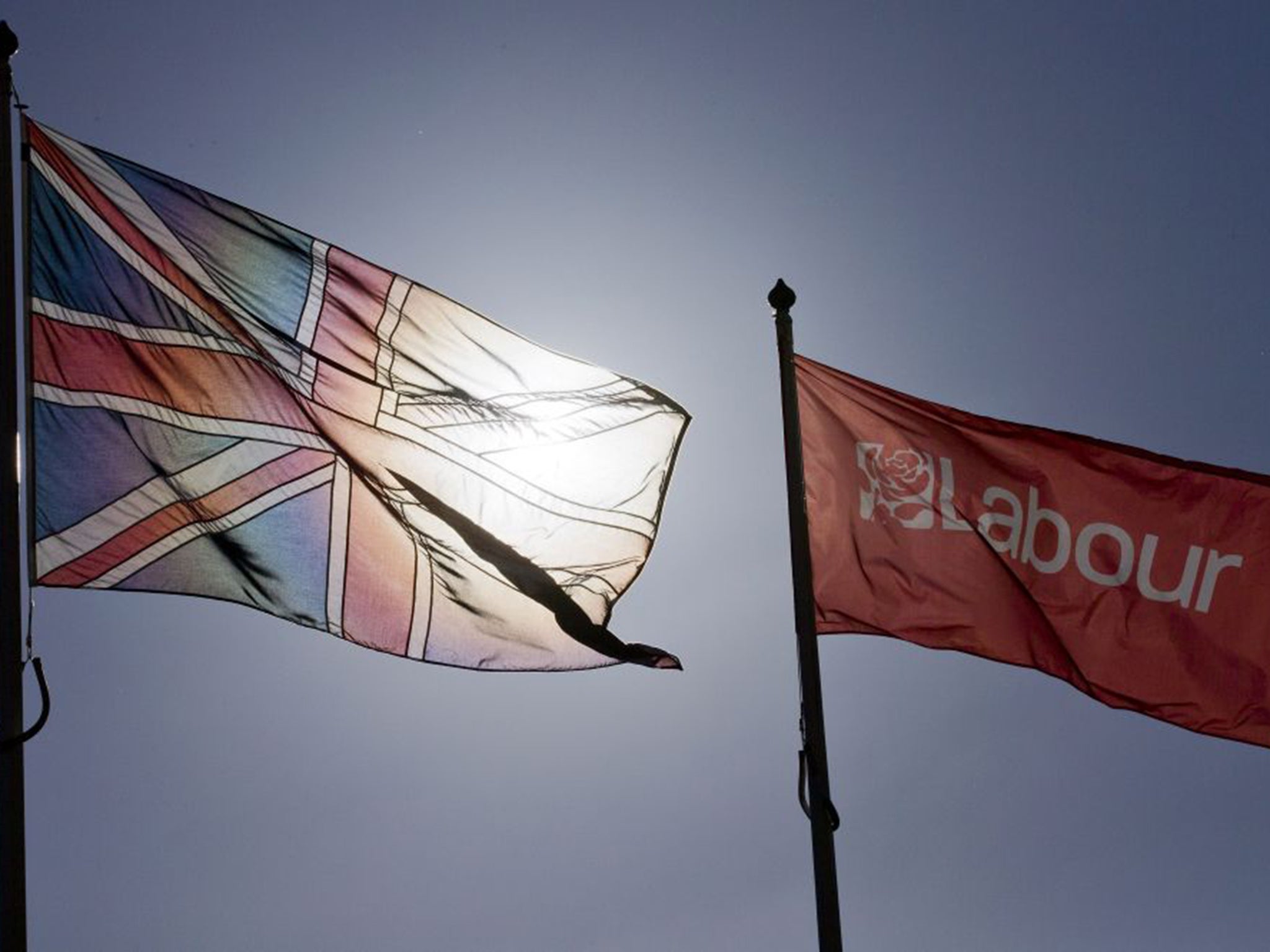Syria crisis: Labour calls on the Government to get behind UN resolution to end the conflict
Labour issued a statement suggesting there might be limited circumstances in which Labour could back UK military action in Syria

Labour have attempted to paper over the cracks of its deep divisions on Syria with a call for the Government to get behind a new UN resolution to bring the conflict to an end.
The party’s new leader Jeremy Corbyn has met with his Shadow Foreign Secretary Hilary Benn to thrash out a common position to prevent the issue dominating its annual conference in Brighton.
Mr Corbyn is opposed to any kind of military action in Syria while many members of his own Shadow Cabinet strongly disagree believing Labour will be badly damaged if they oppose the Government and vote against airstrikes against Isis positions.
A statement issued after the meeting suggested there might be limited circumstances in which Labour could back UK military action in Syria – but significantly did not say what they were or commit the party to a firm line on the issue.
Instead Mr Benn called on David Cameron to push for a new UN Security Council resolution on Syria including the creation of safe zones for those who have fled their homes from both Isis and the Assad regime. Obtusely, he said the resolution should also call from “effective action to end the threat from Isil”.
However asked if that meant Labour would back airstrikes as part of a UN Security Resolution aides refused to confirm that it would. They said the onus was on David Cameron to help build an international consensus around solving the whole conflict in Syria and not just action against Isis.
“There’s been a lot of talk about airstrikes but to bring peace, stability and security to Syria we need a much broader, more comprehensive plans than just trying to deal with Isil,” Mr Benn said.
“This will require political, diplomatic and humanitarian will too. Given the scale of the crisis the Prime Minister should be straining every sinew to secure a comprehensive UN Security Council Resolution.”
Syria is top of the agenda for world leaders gathered in New York for the 70th anniversary meeting of the United Nations General Assembly.
Vladimir Putin is among those attending amid concerns over an unexpected build-up of Russian troops in support of the Moscow-backed Assad regime, which the Kremlin says is the best way to take on Islamic State fighters there.
The Prime Minister will use one-to-one talks with a number of key figures - though not Mr Putin - to press his case that the President Assad “can't be part” of a peaceful solution to the civil war.
But he joined Western allies such as the US and France in signalling a willingness to discuss whether Assad could play a transitional role.
Speaking to reporters accompanying him on the flight to the UN meeting - which will also focus on climate change and new development goals - Mr Cameron said it was about “stepping up” international efforts to take on the militant threat.
“Assad can't be part of Syria's future. He has butchered his own people. He has helped create this conflict and this migration crisis. He is one of the great recruiting sergeants for Isil,” he said.
“He can't play a part in the future of Syria and that position hasn't changed.
”Obviously conversations about how we bring about transition are very important and that's what we need to see greater emphasis on.“
Asked if he believed Assad should face prosecution at the International Criminal Court, he said: ”People who break international law should be subject to international law.“
Mr Cameron said Russia and other powers had to be persuaded that it was ”in everyone's interests“ to co-operate in the fight against IS. The president of Iran - which also backs Assad - is among other leaders at the UN.
”What we have to discuss with Russia, what we have to reach agreement about, is that at the end of the day it is in everyone's interests that this part of the world has stability, that it is not fomenting terrorism,“ Mr Cameron said.
”My argument with Russia is always that Russia will suffer from Islamist extremist violence as much as anyone and so we need to defeat the extremism and its causes.“
Mr Cameron said there had been no change in the position on the possible extension of RAF air strikes against IS positions from Iraq into Syria - despite the election of the anti-war left-winger Jeremy Corbyn as Labour leader.
”I have always said that it is important that Isil is defeated in Syria as in Iraq. We play a role in that already, helping countries that are doing the active work.
“To go further we would need parliamentary backing.”
Subscribe to Independent Premium to bookmark this article
Want to bookmark your favourite articles and stories to read or reference later? Start your Independent Premium subscription today.

Join our commenting forum
Join thought-provoking conversations, follow other Independent readers and see their replies